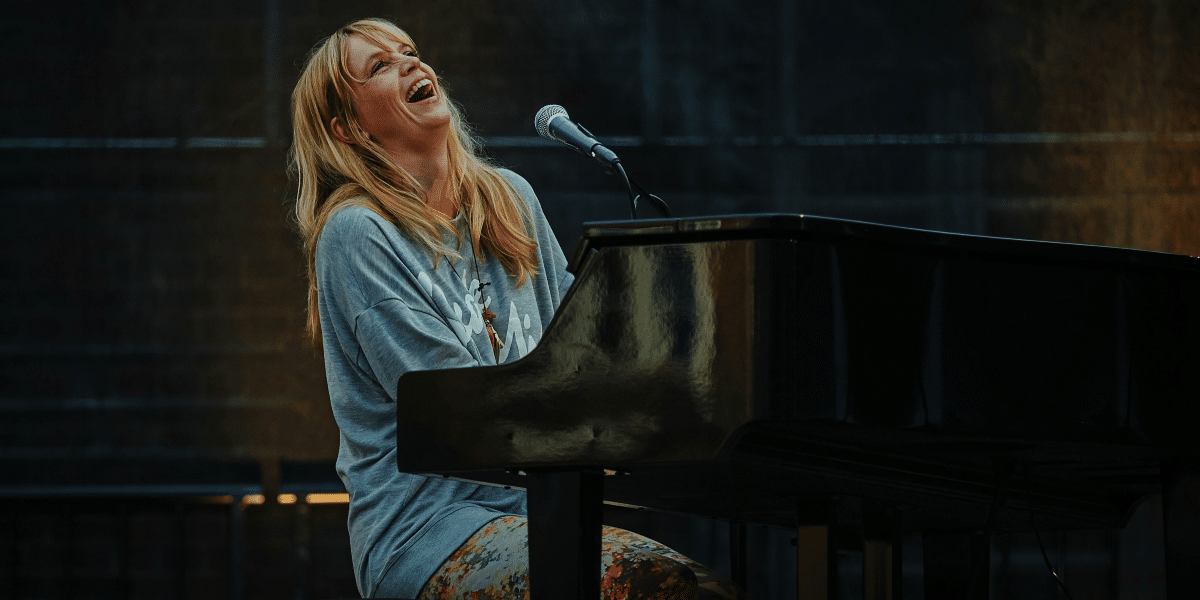The language of music holds the power to transport listeners to imagined worlds and evoke a vast spectrum of emotions. This is especially true in the context of film. Music and moving images intertwine, creating a synergy that amplifies the impact of both art forms. The right film score can elevate a scene from ordinary to extraordinary, etching itself into the viewer’s memory. Composers weave melodies that embody love, fear, triumph, and heartbreak, mirroring the emotional trajectory of the characters and adding a profound layer to the cinematic experience.
For piano enthusiasts, the ability to recreate these stirring melodies holds undeniable appeal. The act of playing a beloved film score transcends mere technical execution. It’s an opportunity to connect with the emotional essence of the music, to revisit iconic moments from the screen through the expressive power of the piano. Whether it’s the sweeping, romantic themes or the heart-pounding suspense scores, there’s something uniquely gratifying about bringing those cinematic soundscapes to life with your own hands.
The process of learning to play film scores offers a compelling avenue for skill development. “Movie themes often contain beautiful and challenging elements that push pianists to expand their technical and interpretive abilities,” explains a piano instructor. Mastering the flourishes, arpeggios, and dynamic shifts frequently found in film scores can refine your playing technique and strengthen your musicality. Moreover, the act of studying a film score fosters a deeper appreciation for the art of film composition and its integral role in the magic of cinema.
The Power of Iconic Movie Themes
A skilled film composer meticulously crafts themes to resonate with the narrative and atmosphere of the film. These themes often become synonymous with the movies themselves. Consider the soaring grandeur of the main theme from “Star Wars,” the haunting melody of “Schindler’s List,” the playful charm of “Amélie,” or the chilling simplicity of the “Jaws” theme. These iconic film scores instantly transport us to those cinematic worlds.
Many film scores were originally composed for orchestras, presenting unique challenges when adapting them for piano. Sheet music for popular film scores is widely accessible online and in music stores, often arranged at various difficulty levels to accommodate players of different abilities. Some scores lend themselves beautifully to solo piano renditions, while others may require simplifying certain elements or focusing on the core melody.
Learning film scores on the piano can be a rewarding way to expand your musical repertoire. These themes frequently feature expressive melodies, interesting harmonies, and dramatic variations in dynamics. “Translating the emotive power of a film score to the piano requires a keen ear and attention to detail,” notes a music teacher. By tackling these pieces, you’ll develop a greater sensitivity to nuances and gain a deeper understanding of musical storytelling.
Where to Begin
If you’re a beginner in navigating the world of film scores on the piano, a thoughtful starting point is essential. Begin by selecting simple yet iconic themes. The immediate recognition factor will boost your motivation, and the less complex melodies make it easier to focus on the fundamentals. Animated films often feature catchy, expressive themes that are ideal for early exploration. Additionally, seek out simplified arrangements of popular film scores designed specifically for those new to the genre.
As you gain confidence and your skills develop, you can gradually progress to tackling more intricate scores. Scores featuring rich harmonies, complex chord progressions, and a wider range of dynamics will present exciting challenges and allow you to continually refine your technique. Remember, patience and a gradual approach are key to a sustainable and enjoyable learning experience within this fascinating musical niche.
Seeking guidance can significantly enhance your learning journey. A wealth of online tutorials dedicated to teaching film scores on the piano are freely available. Consider exploring structured piano lessons with a focus on film scores for personalized instruction and tailored feedback. Additionally, delving into basic music theory concepts and online analyses of film scores will deepen your understanding of the compositional techniques used by film composers. “Learning film scores provides a unique opportunity to apply music theory in a fun and engaging way,” remarks a music theory professor. These varied resources will contribute to greater confidence and accelerated progress.
Depending on your skill level and the complexity of the film score, some degree of creative adaptation might be necessary when playing on the piano. Focus on capturing the essence of the theme, the melodic lines, and the key harmonic progressions. Experiment with different techniques and playing styles to emulate the mood and tone of the original score. “Allow room for your own interpretation while honoring the spirit of the composition,” advises a concert pianist.
Technical proficiency on the piano plays a crucial role in executing film scores, but connecting with the emotive core of these compositions is paramount. Take time to fully immerse yourself in the film, pay close attention to how the music is used, and analyze the scenes where the themes feature prominently. “Understanding the context and the composer’s intent will inform your performance and add depth to your playing,” explains a film historian.








